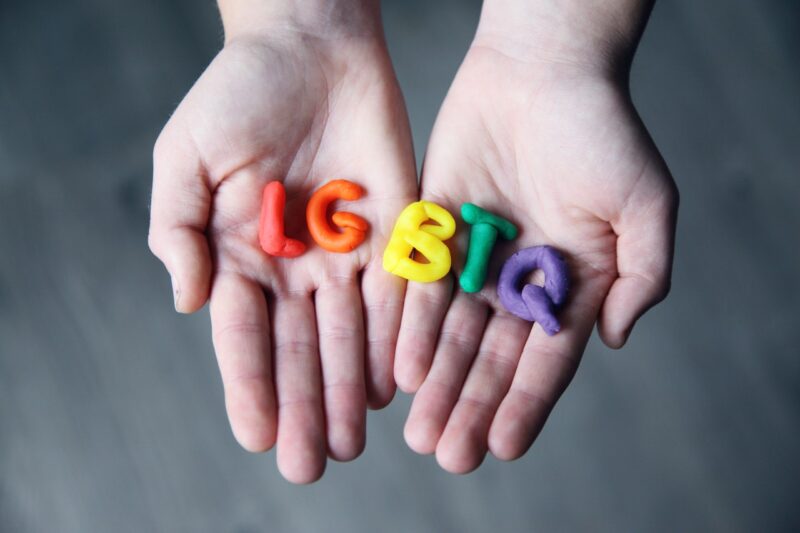
Affirming, Gender-Expansive Children’s Books
When is the right time to talk to children about gender identity and gender expression? Children internalize messages about gender from a very young age, so it’s never too early to start. If you’re feeling unsure about how navigate these Read more >>











